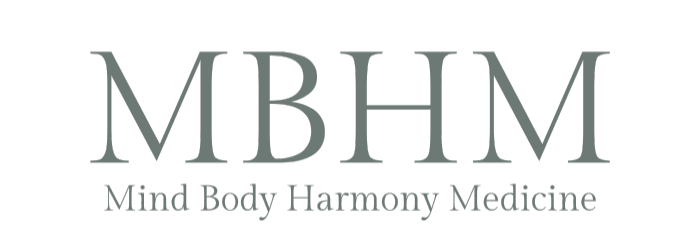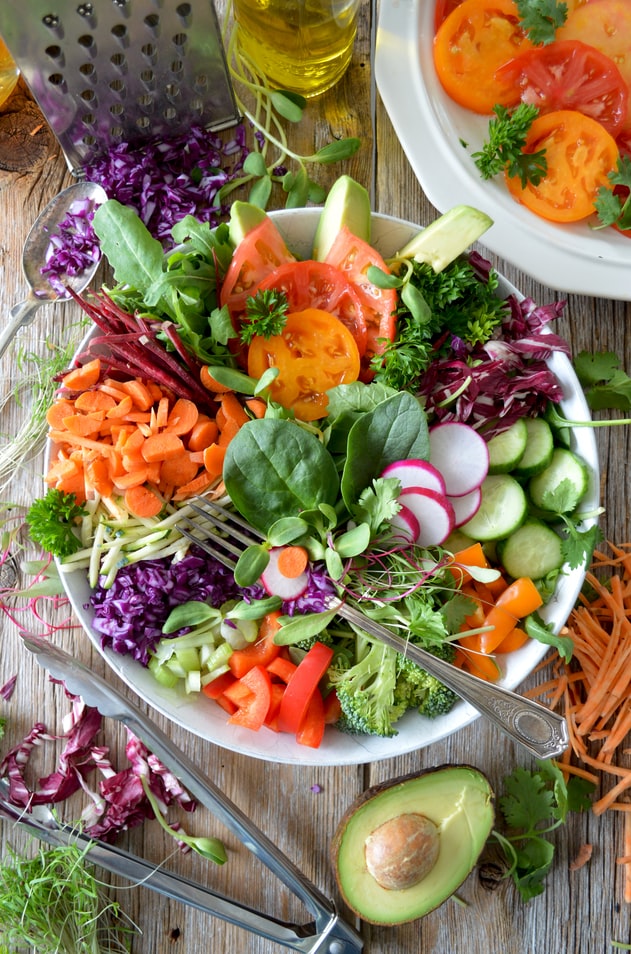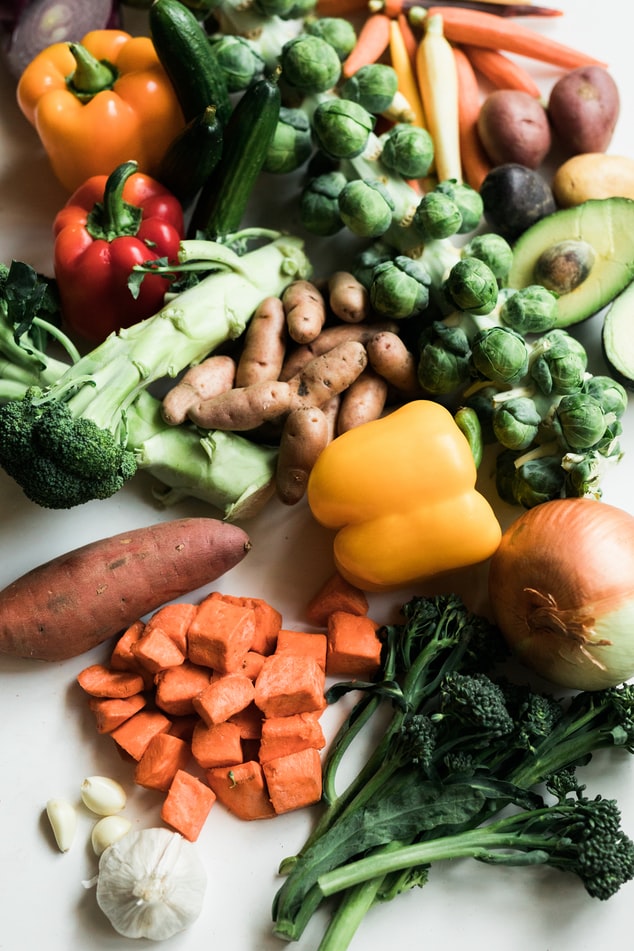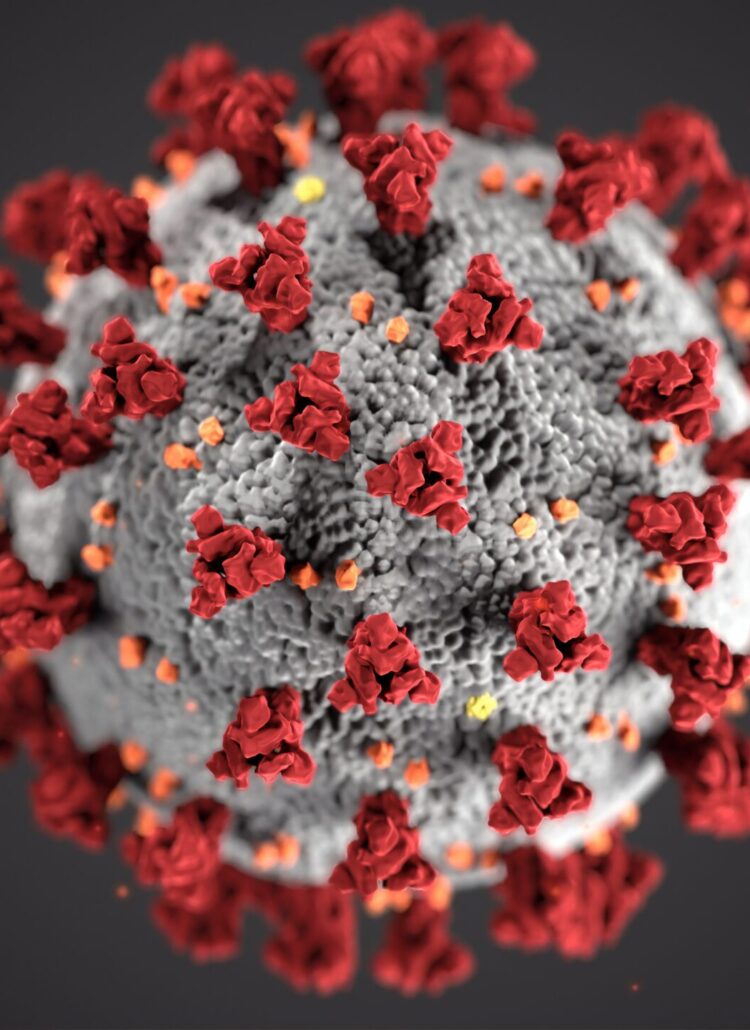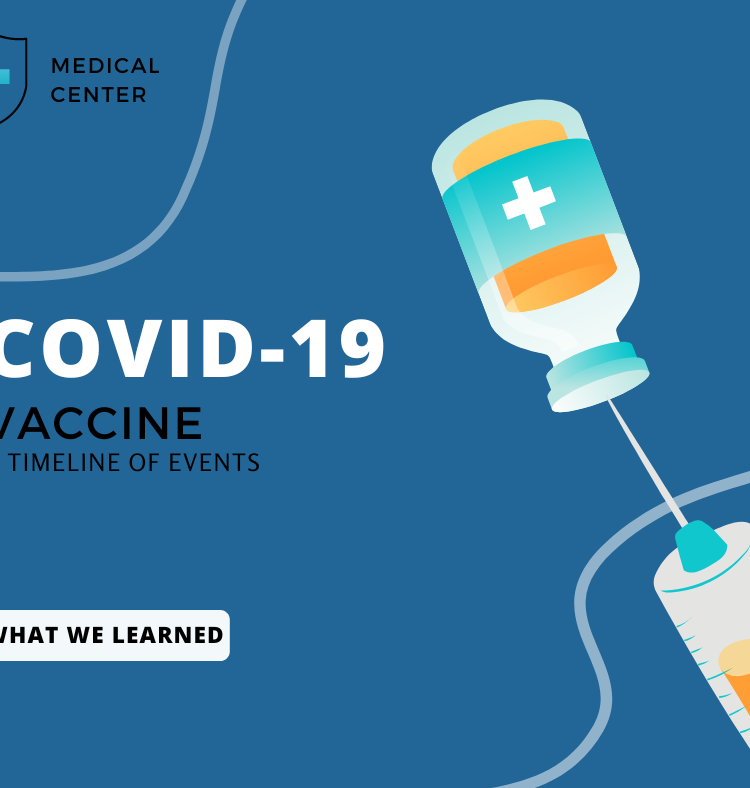Since 2020 I have spoken to many people who have come down with COVID-19 or know someone who has it. It seems that everyone has a different experience with it.
I’ve spoken to parents of infants who have been diagnosed with it all the way to those in their 70s.
I have come to see that the virus exacerbates what may already be there, kind of like amplifying underlying inflammation or imbalances.
I came across this study this morning that put the pieces together a bit more clearly. On January 31, 2021, the British Medical Journal found people with lesser amounts of specific probiotic bacteria species in their gut had more severe symptoms of COVID.
The gut microbiome was significantly altered in patients with COVID-19 when compared with non-COVID 19 people, regardless if they were on medication or not. Certain species of bacteria have anti-inflammatory effects on the immune system.
Since COVID-19 generates a boatload of inflammation, having lesser amounts of anti-inflammatory bacteria would probably make someone’s symptoms a lot worse. The study stated, “the gut microbiome is involved in the magnitude of COVID-19 severity.
What Were The Bacterial Strains That Were Low In COVID-19 Patients?
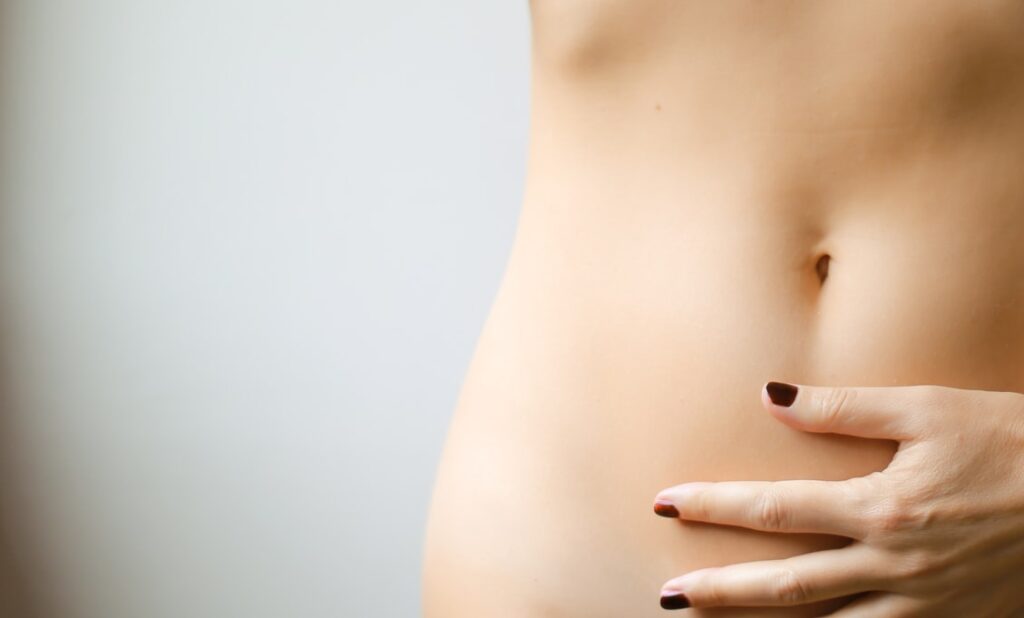
⇒Butyrate-producing bacteria & Bifidobacteria are anti-inflammatory, assisting the immune system in maintaining a state of low inflammation.⇐
1. Faecalibacterium prausnitzii
Faecalibacterium prausnitzii is the number one major butyrate-producing bacteria. I have written about this in a post dedicated to the incredible functions Butyrate has in our bodies, and when talking about the GI Maps Test.
Butyrate is a short-chain fatty acid (SCFA) and these SCFAs are produced by some of our bacterial flora that feed on the fiber we eat. SCFA’s provide our colon with Oxygen, protecting against colon cancer and Ulcerative Colitis/Crohn’s Disease.
It protects our brain from all neurodegenerative diseases such as Parkinson’s Disease, Alzheimer’s Disease, Huntington’s Disease, and general cognitive impairment.
Now we can say that lack of these anti-inflammatory bacteria can cause more severe symptoms of COVID-19.
- Fibers needed: resistance starches, oligofructoses, inulin.
2. Eubacterium rectale
Eubacterium rectale is the second major bitrate-producing bacteria.
- Fibers needed: resistance starches.
3. Bifidobacteria
Bifidobacteria is an anti-inflammatory bacterial strain that has recorded health benefits from immune-modulation, and cancer prevention to IBD management. Commonly included in probiotic supplements.
- Fibers needed: insoluble fiber, resistance starches, whole grains, fermented foods, polyphenol-rich foods.
Why Fiber Matters: The Fiber we eat ⇒ Feed Probiotic Bacteria in our gut ⇒ Probiotic Bacteria create SCFA’s ⇒ SCFA’s protect us against severe COVID symptoms & other inflammatory diseases.
What Kind of Fibers Help Our Gut Bacteria Produce Butyrate?
According to the Journal of Diet, Microbiome and Health, 2018: fibers that have been shown to induce SCFA production are:
1. Oligofructoses:
- Garlic
- Onions/Leeks
- Artichokes
- Wheat & Rye (I don’t recommend for everyone because these contain gluten)
- Legumes/Beans
2. Inulin
- a type of fiber found in plant carbohydrates: wheat (I don’t recommend), onions, bananas, garlic and chicory.
- I recommend Biotagen powder from Klaire Labs
3. Psyllium:
- Found in Psyllium husk powder
4. Guar gum:
- A common thickener found in many products/drinks
5. Oat bran
- Oatmeal
6. Resistance starches:
Cooked, cooled and then reheated rice or potatoes. The gelling over process creates a resistance starch.
- Green bananas/green banana flour
- Potato starch
- Arabinogalactan powder
- Larch tree fiber
- I recommend PaleoFiber RS from Designs for Health
What Kind of Foods Help Feed Bifidobacteria?
According to the European Journal of Clinical Nutrition, 2010:
1. Polyphenols
These are mostly in colorful fruits and vegetables.
- Herbs: Cloves, dried peppermint (⇐these 2 were the highest!), Anise, cocoa powder, oregano, celery seed, sage, rosemary, spearmint, ginger
- Fruits: black choke berry, elderberry, blueberry, black currant, plum, blackberry, raspberry, prune, black grape, apple, peach
- Seeds: flaxseed meal, hazelnut, chestnut, pecan
- Vegetables: fibrous leafy greens, artichoke, black olives,
- Teas: green tea, black tea, rooibos tea
- Cocoa products: chocolate, cocoa fiber.
2. Fermented Foods:
- Kimchi: traditional Korean fermented cabbage, radish, red chili paste & scallion
- Sauerkraut: fermented cabbage
- Kombucha: a fermented green or black tea
- Kefir: this is either fermented milk, coconut milk or water kefir
- Tempeh: traditional Indonesian fermented soybeans
- Pickles (the best one tbh): fermented cucumbers!
- Natto: (never tried it) traditional Japanese fermented natto beans
- Yogurt: can be made from a dairy sources, or any kind of nut milk
- Miso: miso paste, miso soup.
The point I’m trying to make is that we all have to do our best to be eating a wide variety of plant foods as we can.
Diversify the type of fiber to feed our microbiome. Of course, you can always take probiotic supplements. But it’s just so much more beneficial to eat a lot of fiber or even take a fiber supplement too.
Your body is like the “terrain” and viruses or pathogens are the foreign invaders coming into your terrain. If you do your best to eat a good diet filled with lots of whole foods, colorful fruits, and vegetables, good protein sources, your chances of a foreign invader rocking your terrain will be less likely and less severe.
The study concluded that those who continued to have gut dysbiosis after they no longer had COVID-19 could be the reason symptoms persist afterward (post-covid syndrome).
If you are interested in seeing what your microbiome looks like, I suggest a GI Maps stool test. Please contact me for more information!
Read More Helpful Articles About The Gut
- PROVEN Alternative Ways To Eradicate H. Pylori
- Travel Insurance I & II 60c: Travel without the threat of mosquito, parasite, and bacterial infections
- The Effect of Having Your Gallbladder Removed
- A Deficiency In This Fatty Acid Can Be Causing Your Diabetes, Depression, Weight Gain, & Neurodegen Diseases.
- Probiotics Improve Major Depressive Disorder
